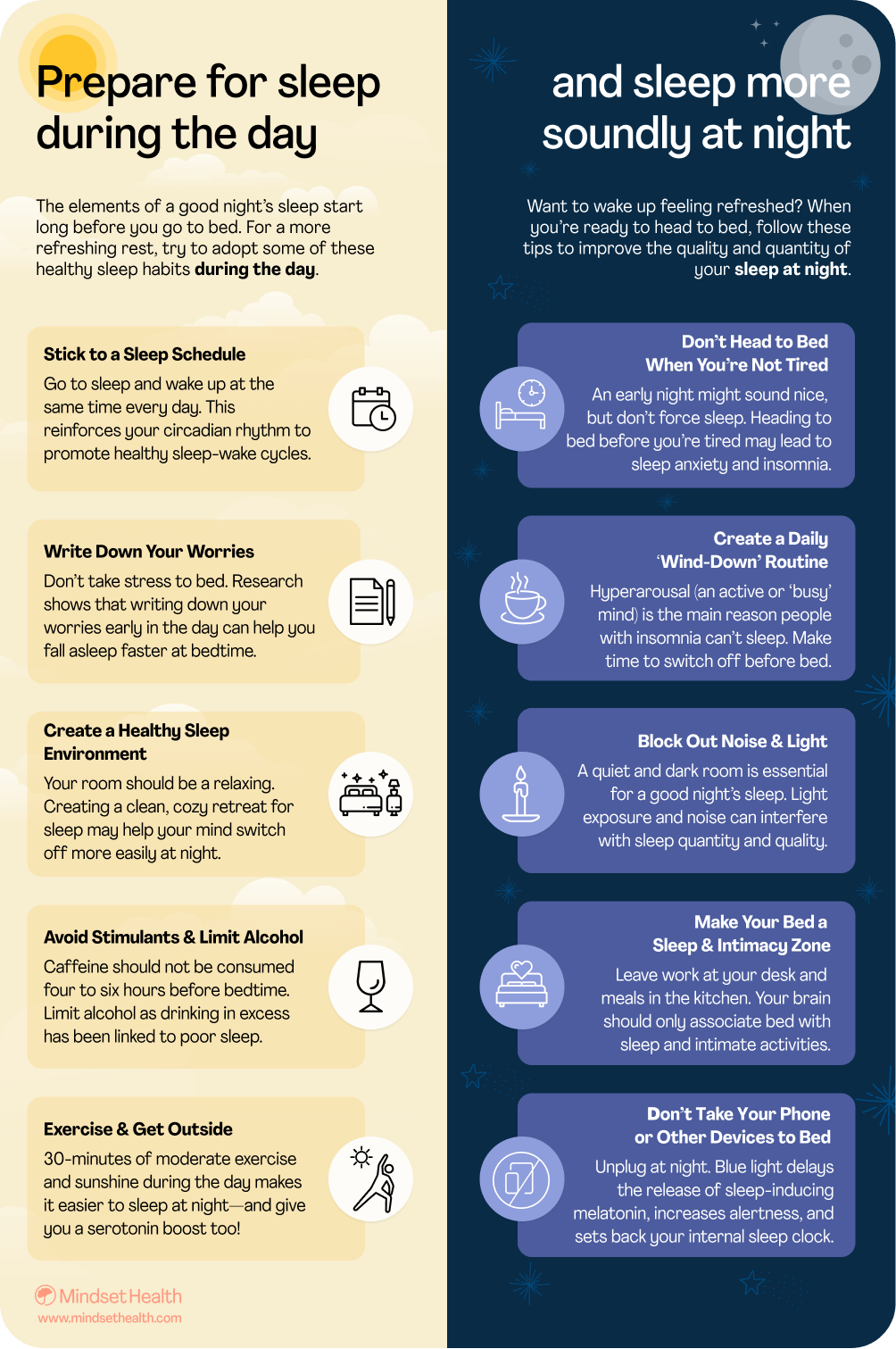As I lie in bed, tossing and turning, unable to quiet my racing thoughts, I realize that I’ve been neglecting a fundamental aspect of my well-being – sleep. Like many others, I have fallen into the trap of prioritizing work and other commitments over a good night’s rest. However, as I delve into the world of sleep hygiene, I discover the profound impact it can have on my physical and mental health. In this blog post, I will share my personal journey of improving sleep quality through cultivating healthy habits, while also providing informative tips to help you achieve the same.
Let’s start with the basics. What is sleep hygiene? It refers to a set of practices and environmental factors that promote quality sleep. Just like we maintain personal hygiene to keep ourselves physically clean, sleep hygiene ensures that we maintain optimal conditions for a restful slumber. So, what can we do to achieve this?
First and foremost, it’s important to establish a consistent sleep schedule. Our bodies have an internal clock called the circadian rhythm, which regulates sleep-wake cycles. By going to bed and waking up at the same time every day, we align ourselves with this natural rhythm, making falling asleep and waking up easier. Personally, I used to stay up late on weekends, thinking I could catch up on lost sleep. Little did I know that this disrupted my internal clock, leaving me feeling groggy and lethargic. Now, I prioritize a regular sleep schedule, and the difference it makes is remarkable.
Another crucial aspect of sleep hygiene is creating an optimal sleep environment. Your bedroom should be a sanctuary – a peaceful and comfortable space that promotes relaxation. Keep it cool, dark, and quiet, using blackout curtains, earplugs, or even white noise machines to drown out any disruptive sounds. I can’t stress enough how transformative it was for me to invest in a good mattress and pillow. The right combination of comfort and support can make a world of difference in achieving a deep and rejuvenating sleep.
Now, let’s talk about the various habits and routines that can either enhance or hinder our ability to sleep. Exercise, for instance, plays a significant role in promoting quality sleep. Engaging in physical activity during the day can help to tire our bodies out, making it easier to fall asleep at night. However, it is advisable to avoid intense exercise close to bedtime, as it may stimulate the body and make it more difficult to relax.
Another habit that negatively impacts sleep is the consumption of stimulants like caffeine and nicotine. Personally, as a coffee lover, I had to acknowledge the profound effect caffeine had on my ability to fall asleep. Now, I limit my intake to the morning hours, ensuring it has plenty of time to wear off before bed. Similarly, smoking has been linked to disrupted sleep patterns, so quitting or minimizing tobacco consumption can greatly enhance sleep quality.
One of the most challenging aspects of improving sleep quality is managing the use of electronic devices, particularly before bed. The blue light emitted by smartphones, tablets, and laptops tricks our brains into believing it’s daytime, suppressing the release of melatonin – the hormone that promotes sleepiness. I was definitely guilty of scrolling through social media just minutes before turning off the lights. However, by implementing a digital curfew, I’ve been able to establish a wind-down routine that focuses on relaxation and prepares my mind and body for sleep. I now replace electronic devices with activities like reading a book, practicing meditation, or taking a warm bath.
Speaking of winding down, developing a bedtime ritual can signal our bodies that it’s time to relax and prepare for sleep. Whether it’s a warm cup of herbal tea, gentle stretching, or journaling to release any lingering thoughts, find a routine that works for you. Experiment with different techniques and activities until you discover what helps you unwind best. Personally, I find that practicing deep breathing exercises and listening to calming music before bed greatly enhances my ability to drift off into a peaceful slumber.
While implementing these practices may take time and effort, the rewards are well worth it. Improved sleep quality leads to numerous benefits, including enhanced cognitive function, increased productivity, improved mood, and a strengthened immune system. Personally, I have noticed a significant improvement in my overall well-being since incorporating these sleep hygiene habits into my life. I wake up feeling refreshed and ready to take on the day, and I no longer dread those restless nights that used to leave me exhausted.
As you embark on your journey towards better sleep hygiene, remember that it’s a gradual process. Start by targeting one or two habits at a time and build from there. Be patient with yourself and allow for adjustments along the way. Prioritizing sleep is an act of self-care that can transform your life in ways you never imagined. So, let’s commit to cultivating healthy sleep habits and reaping the incredible benefits that come with it. Good night, and sweet dreams!
